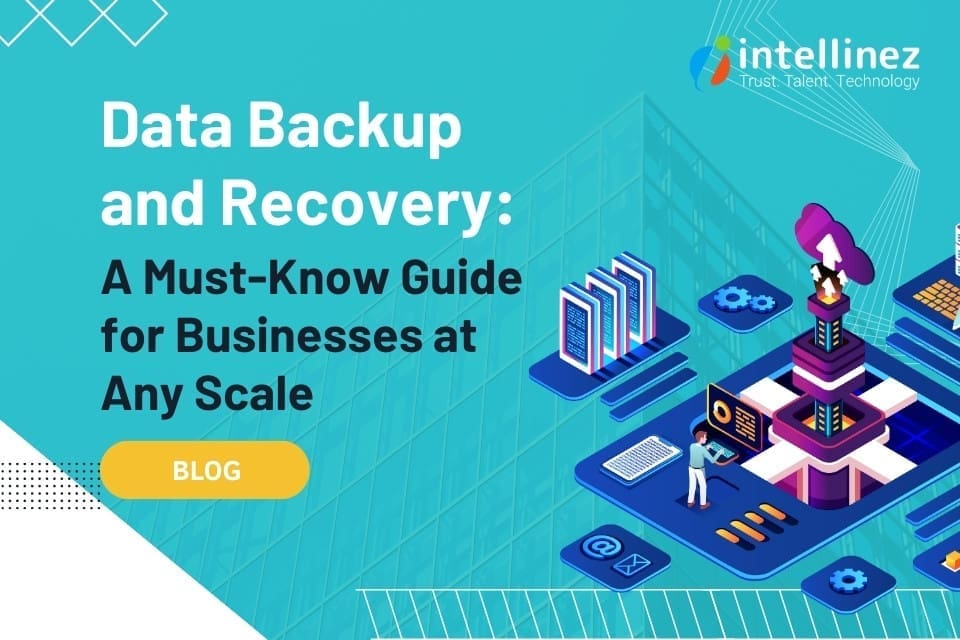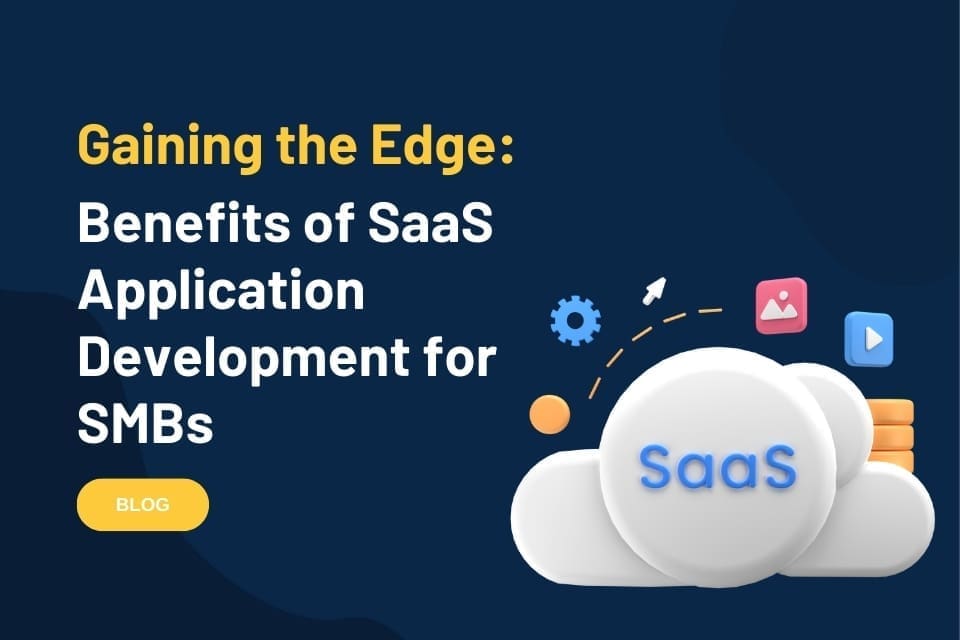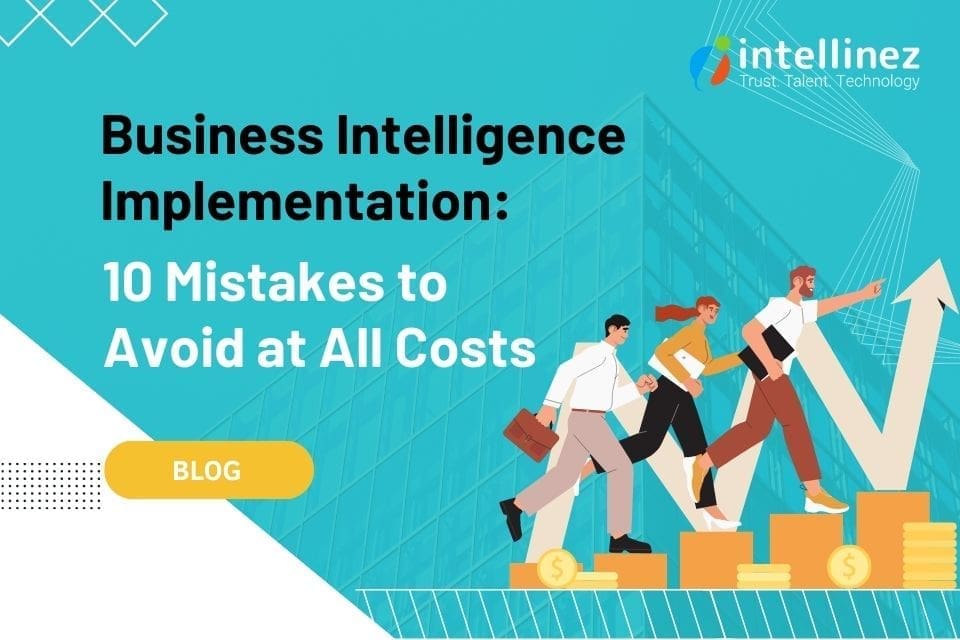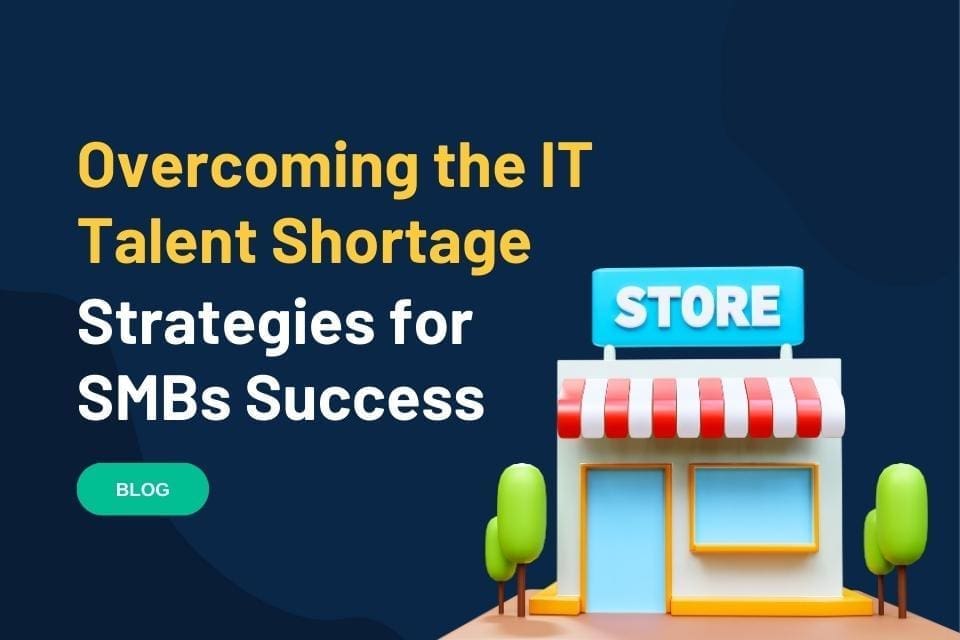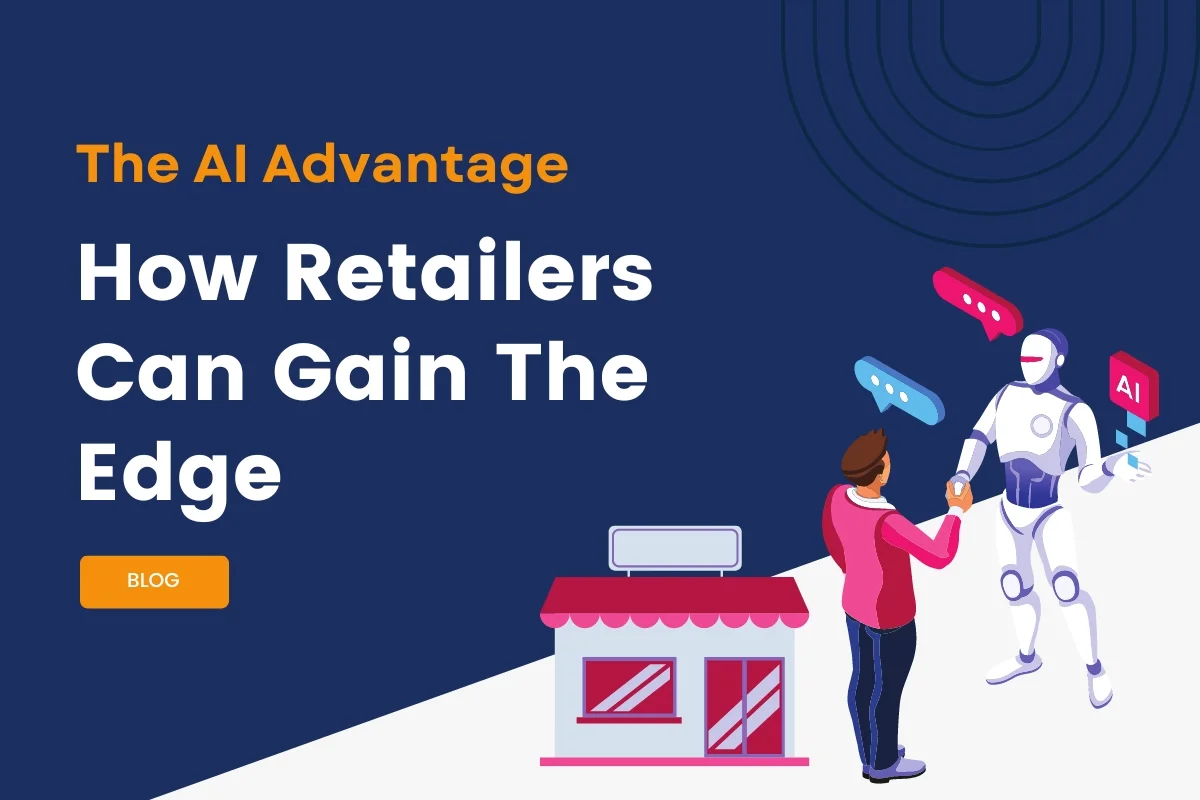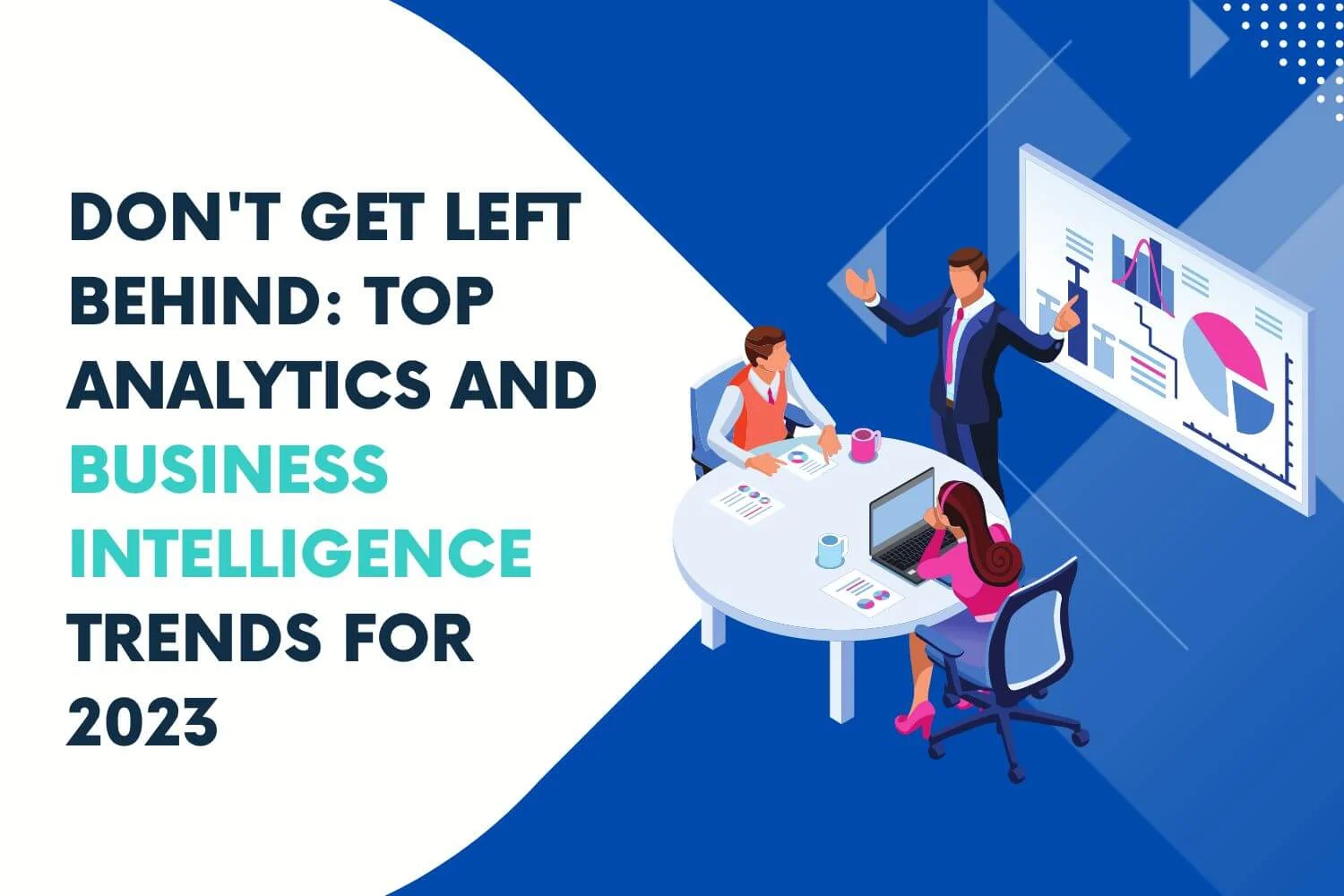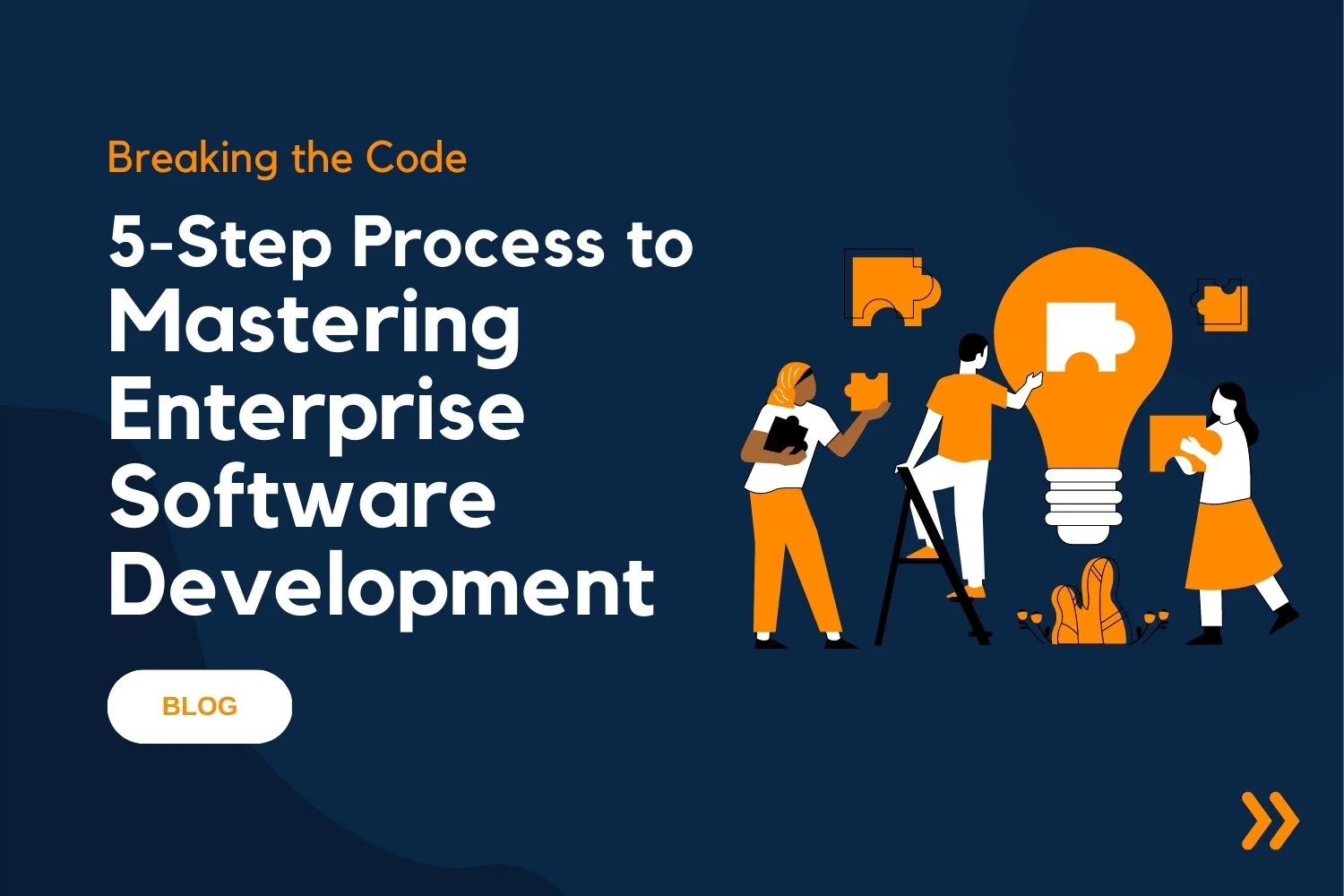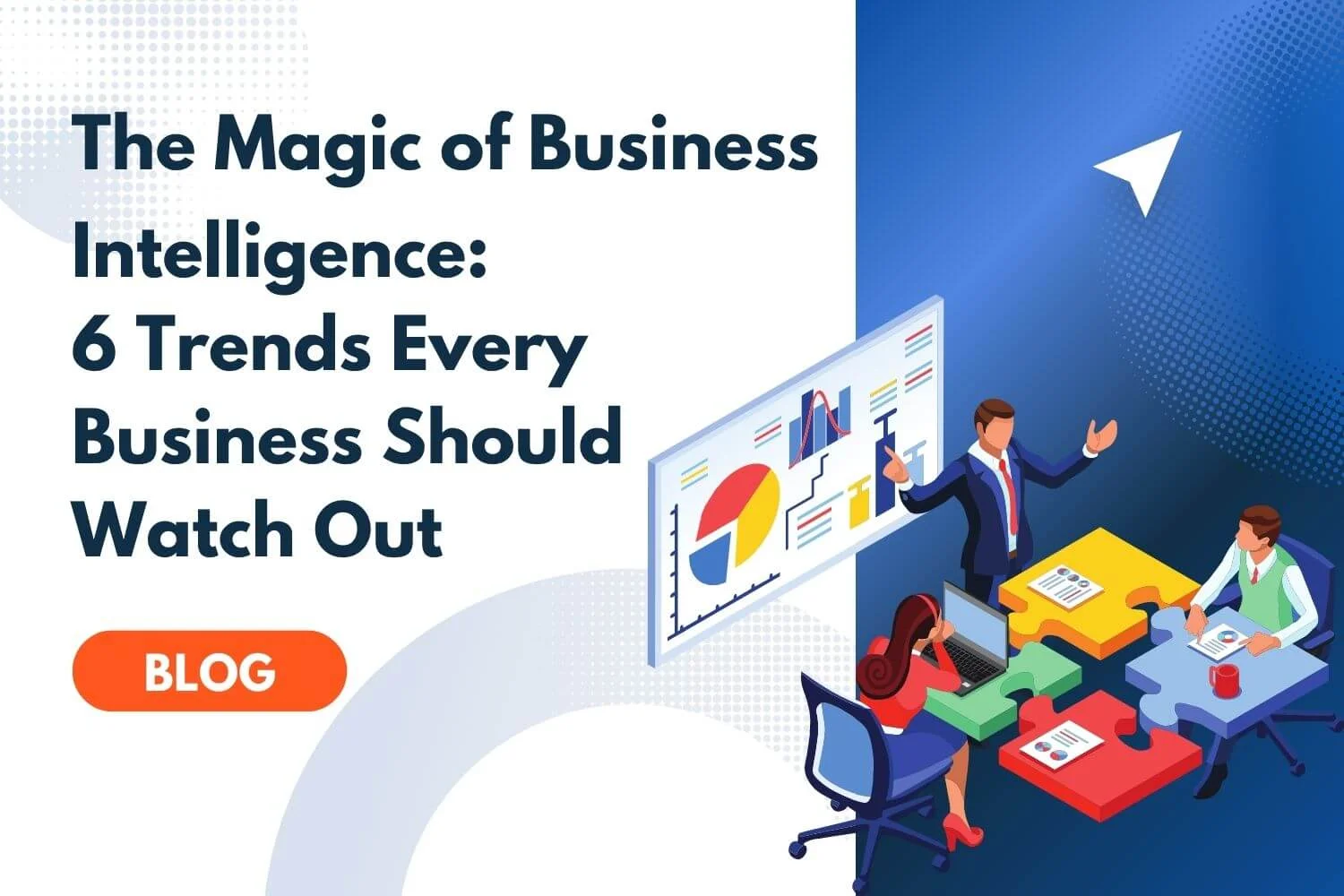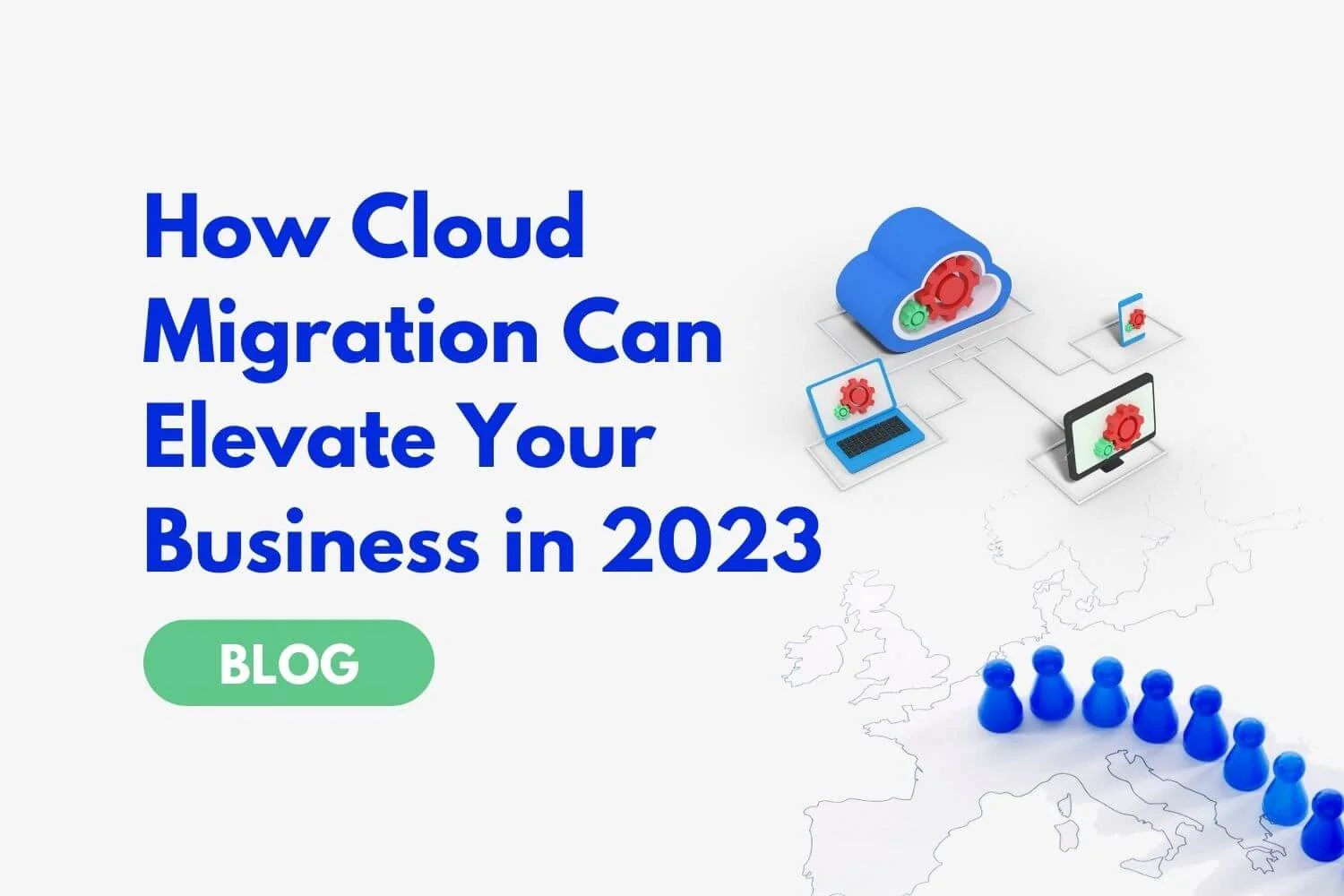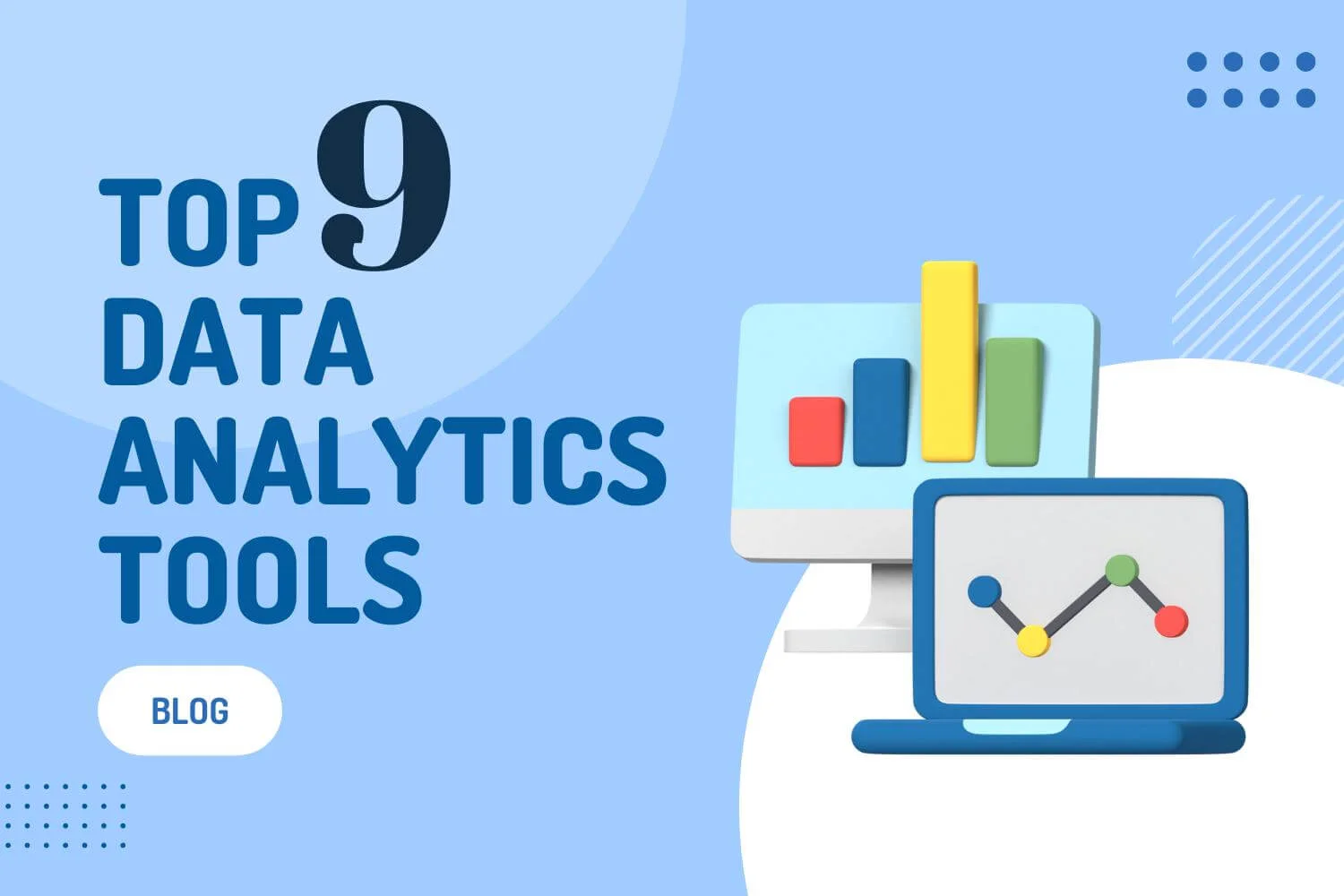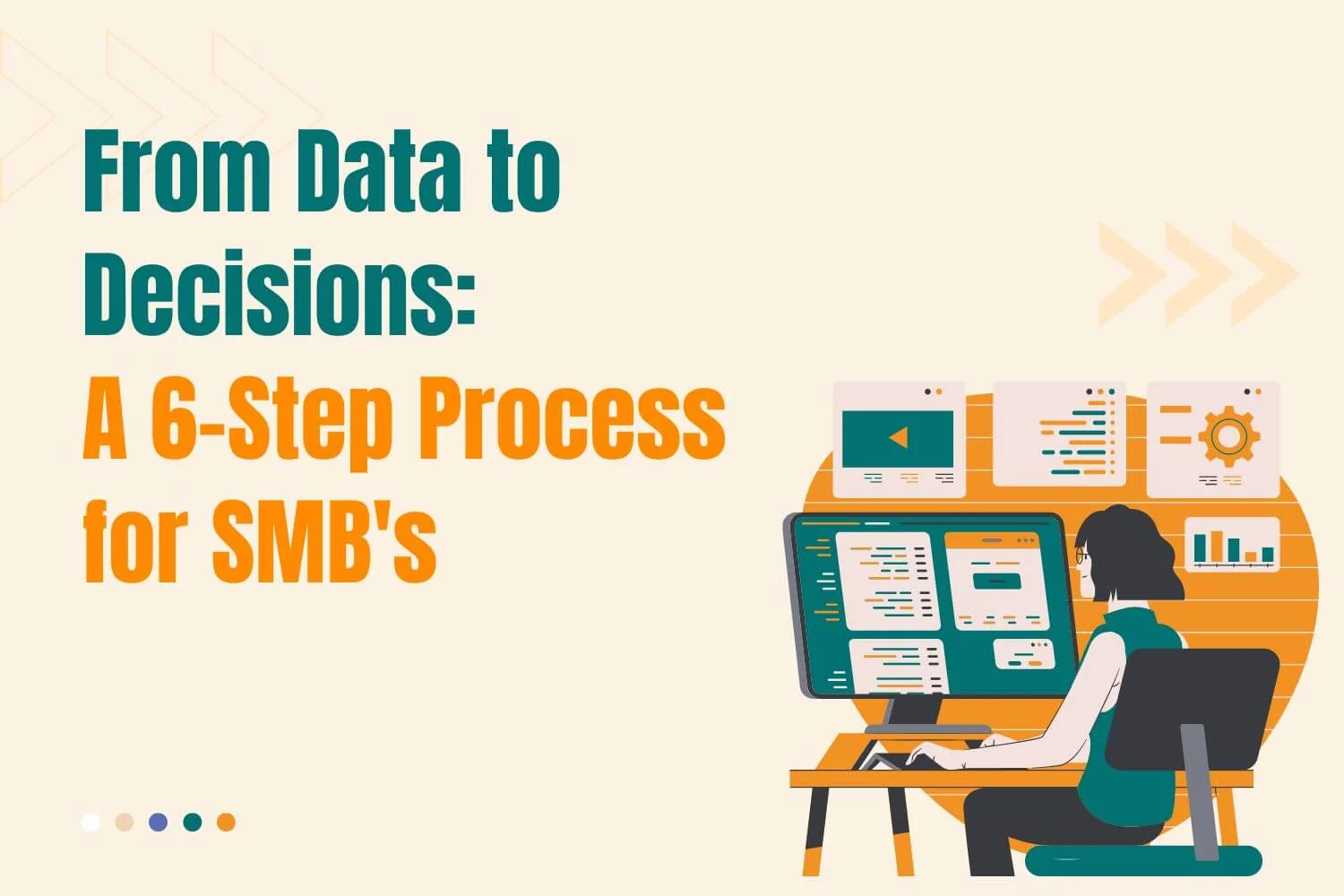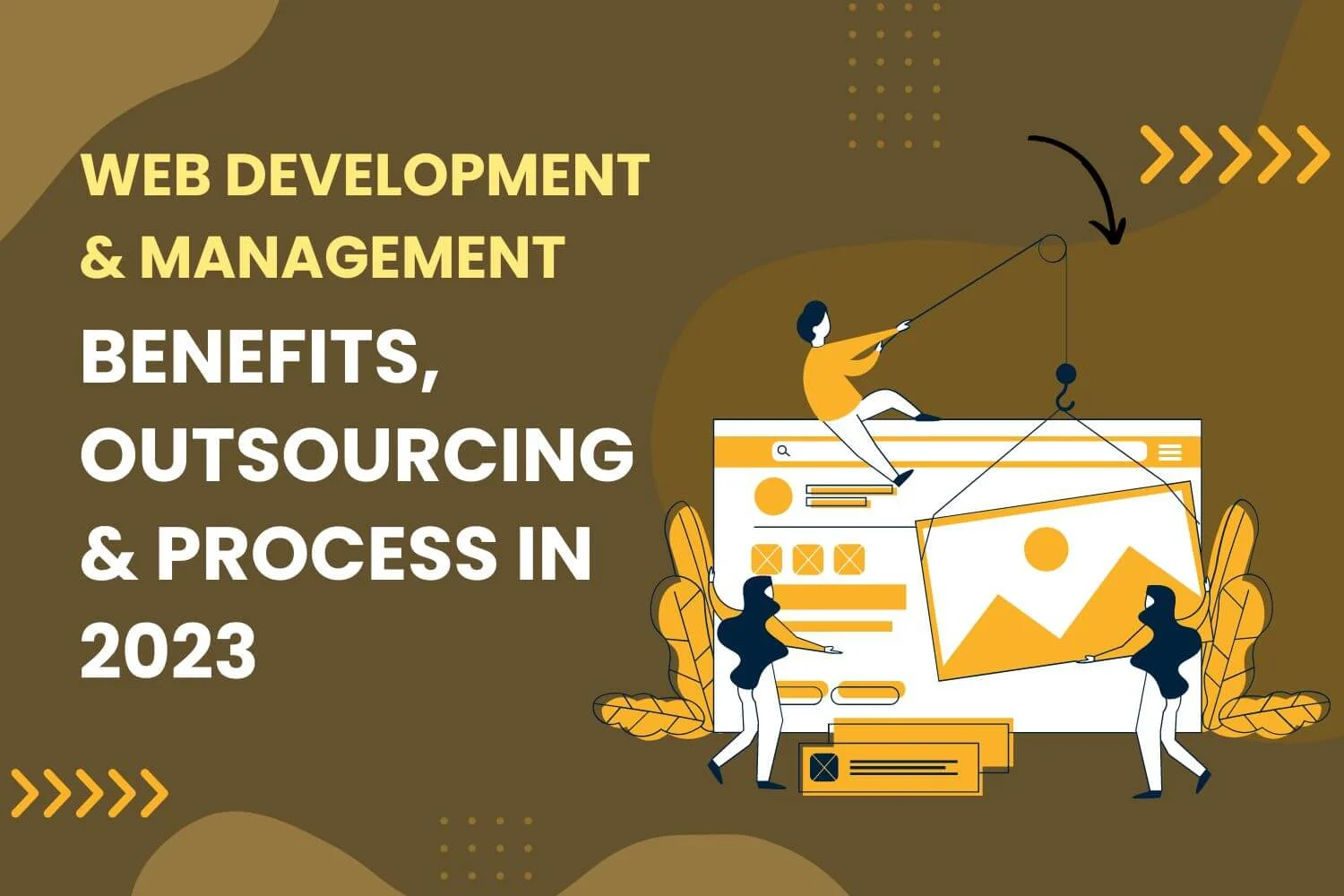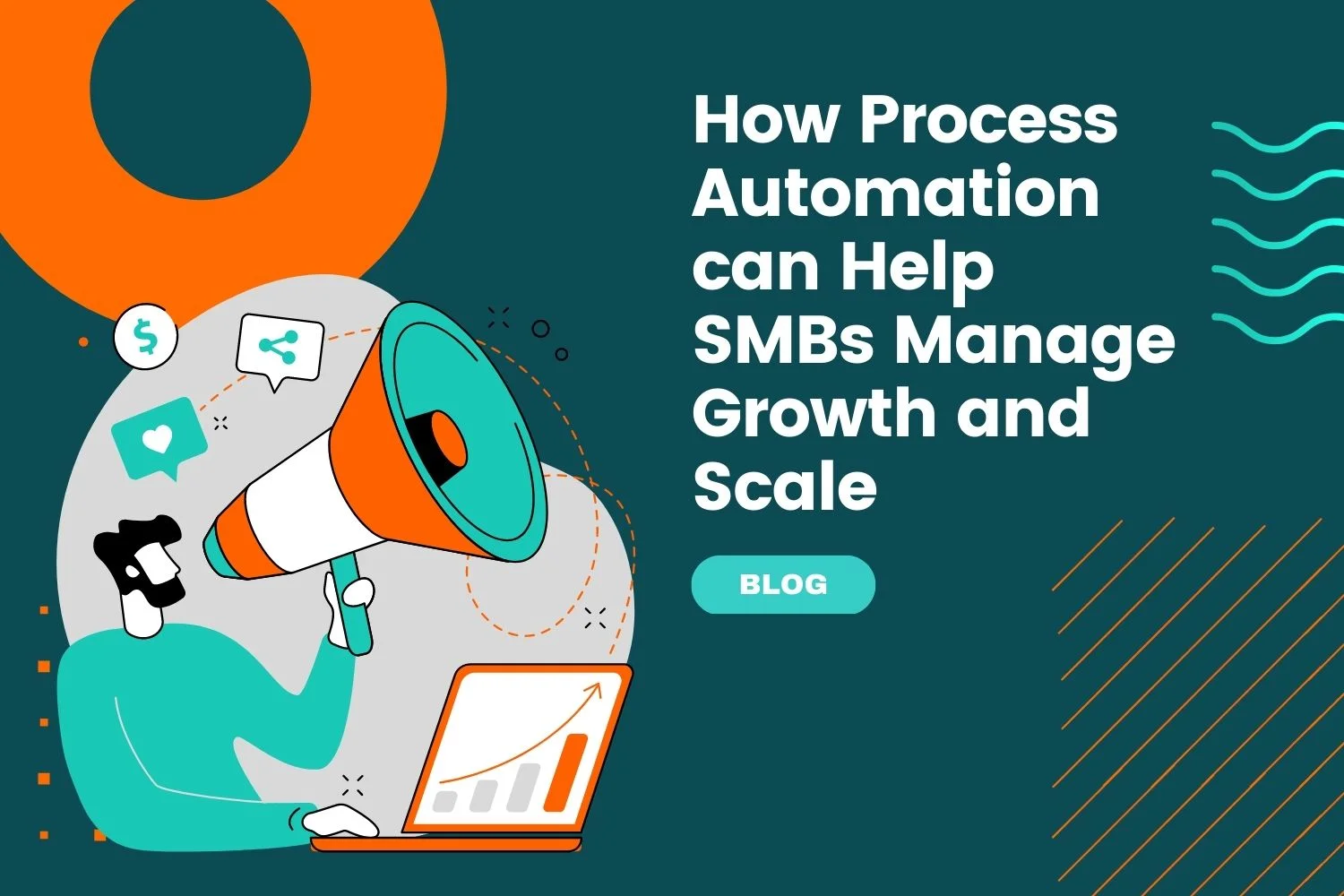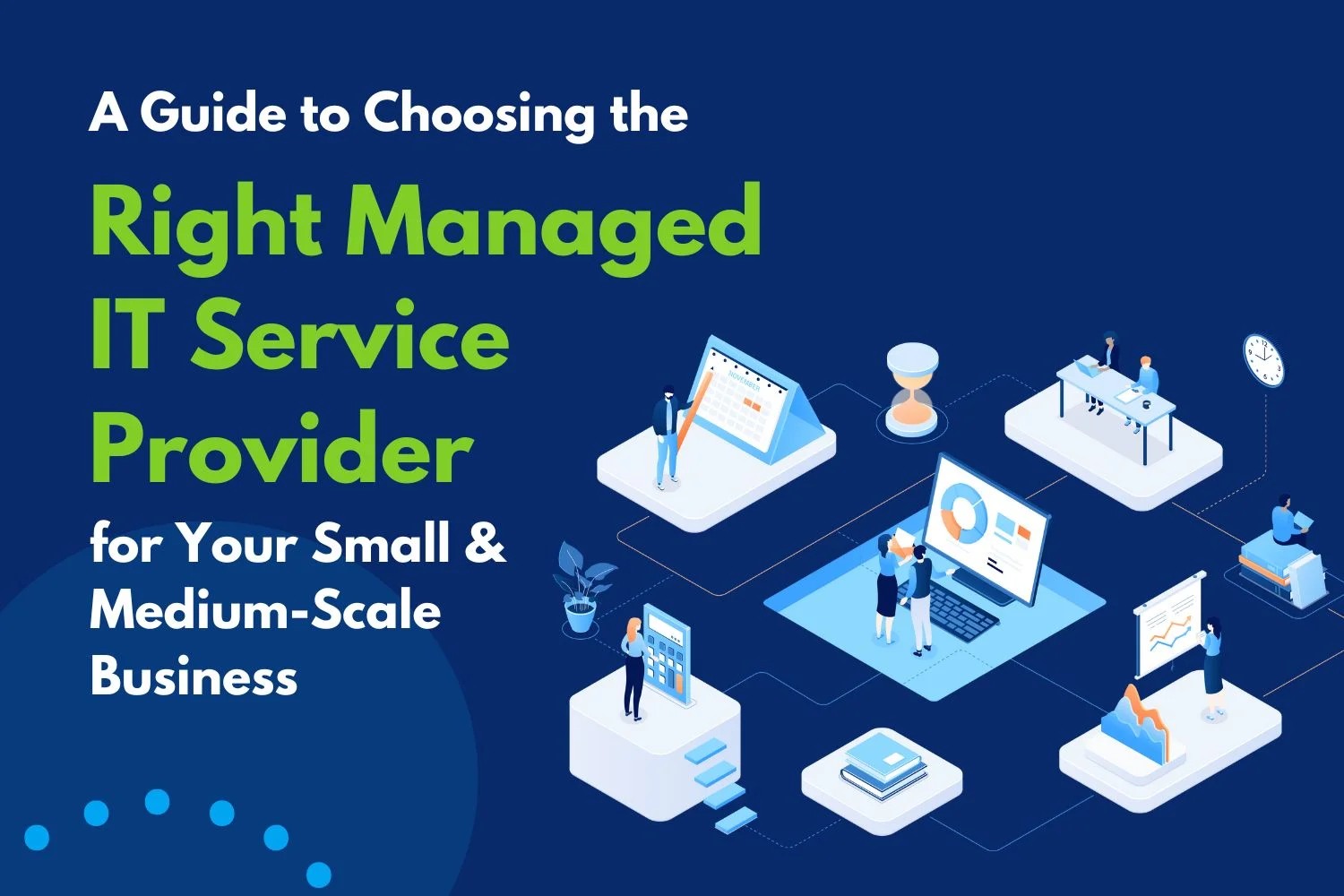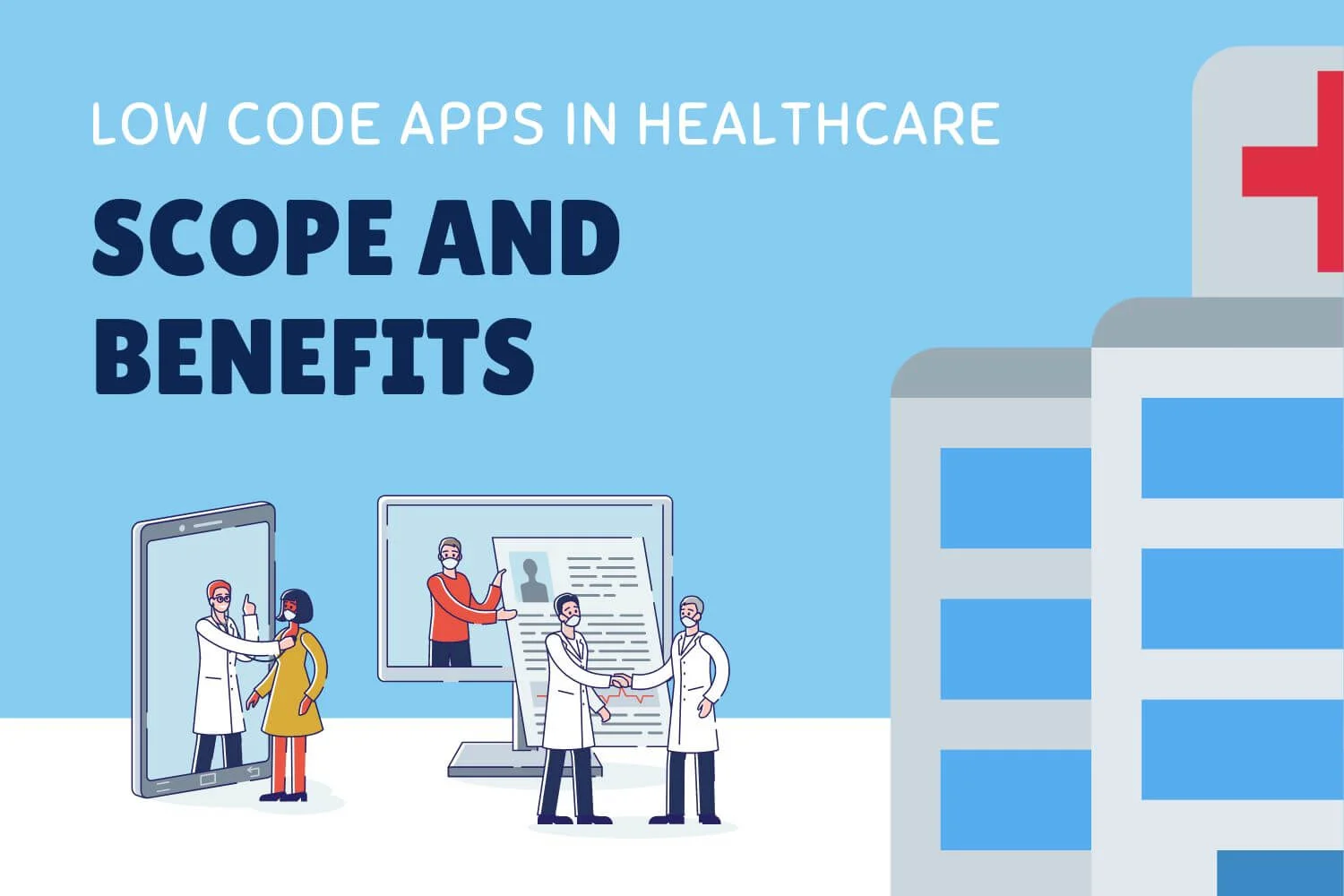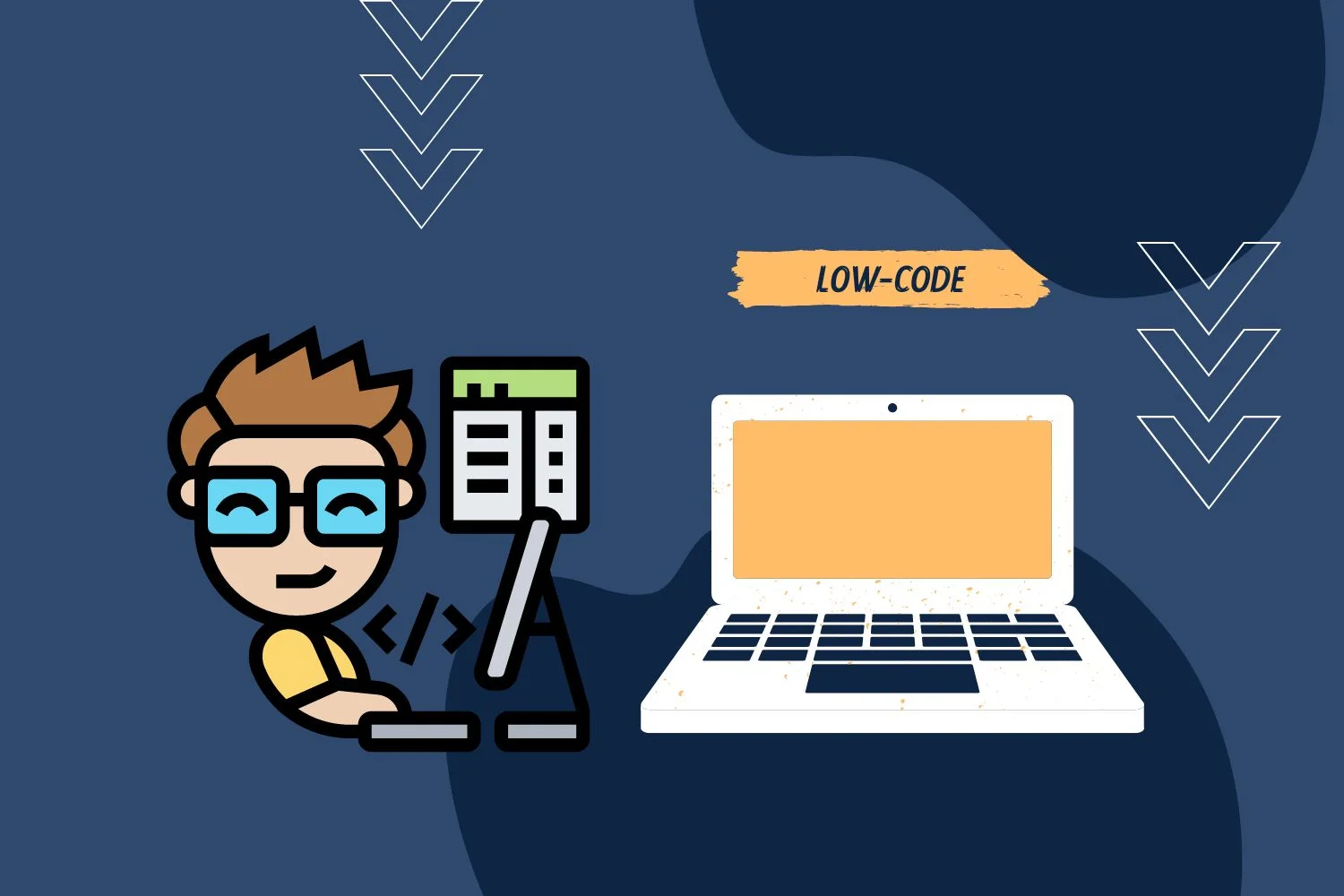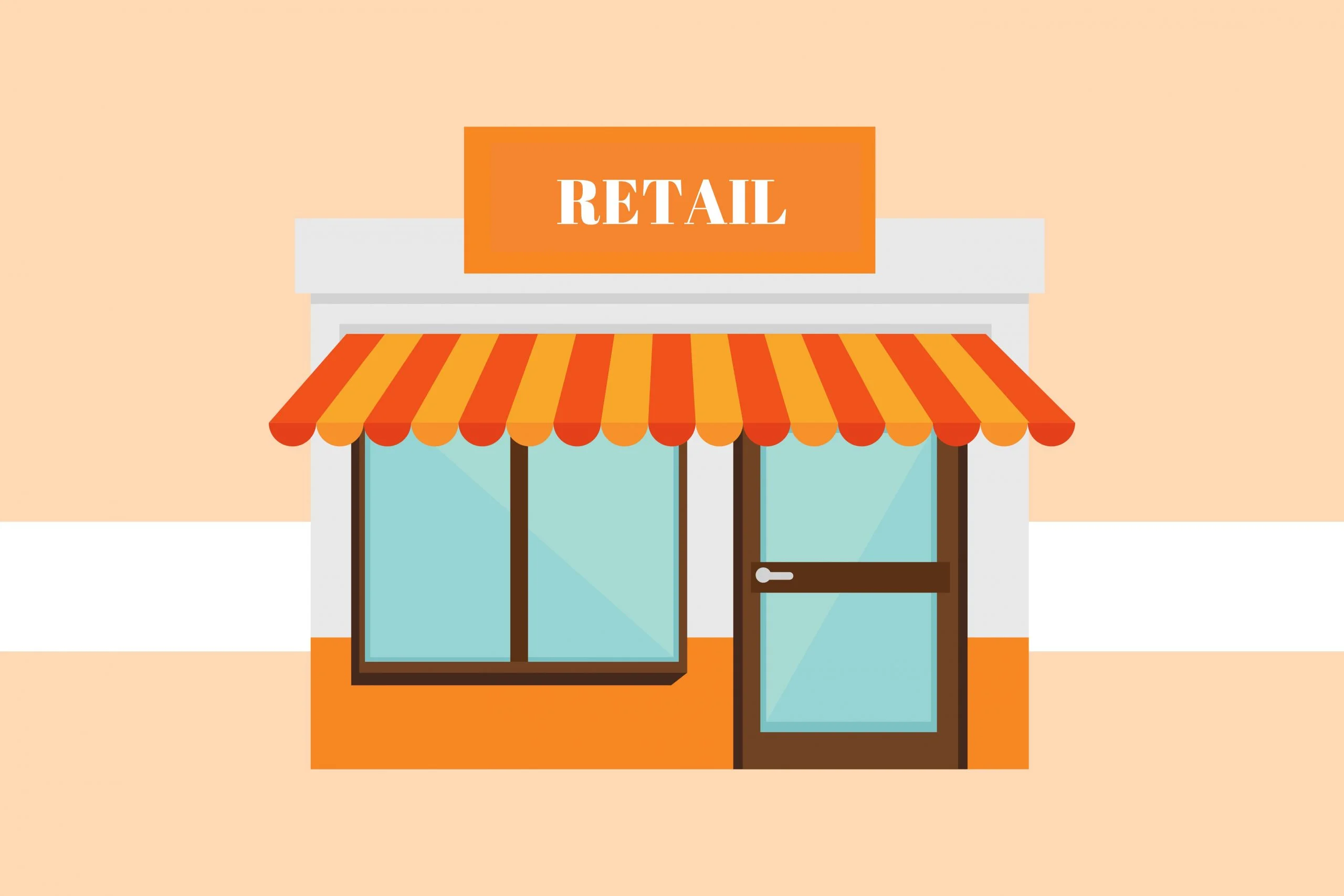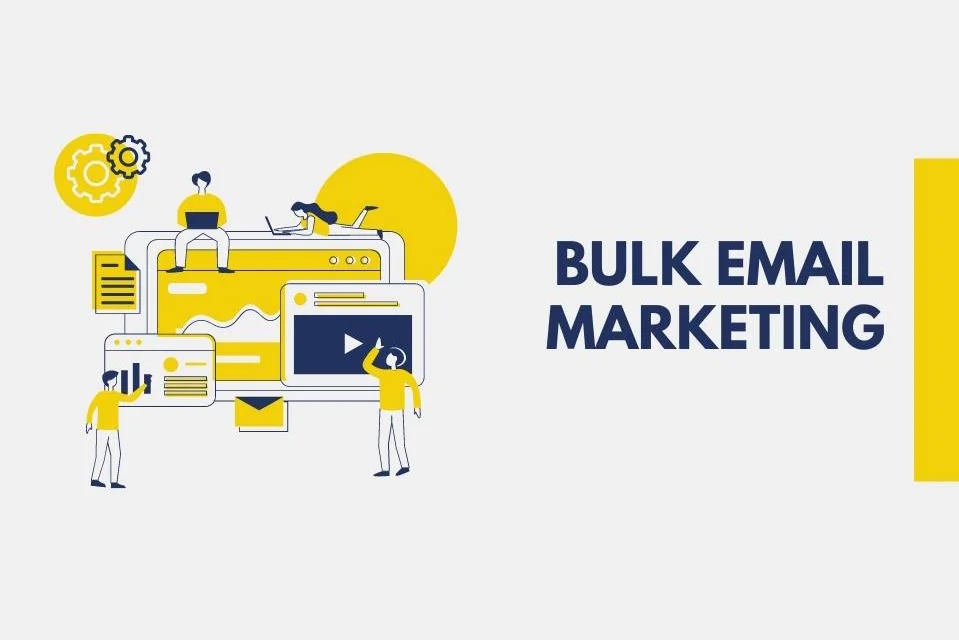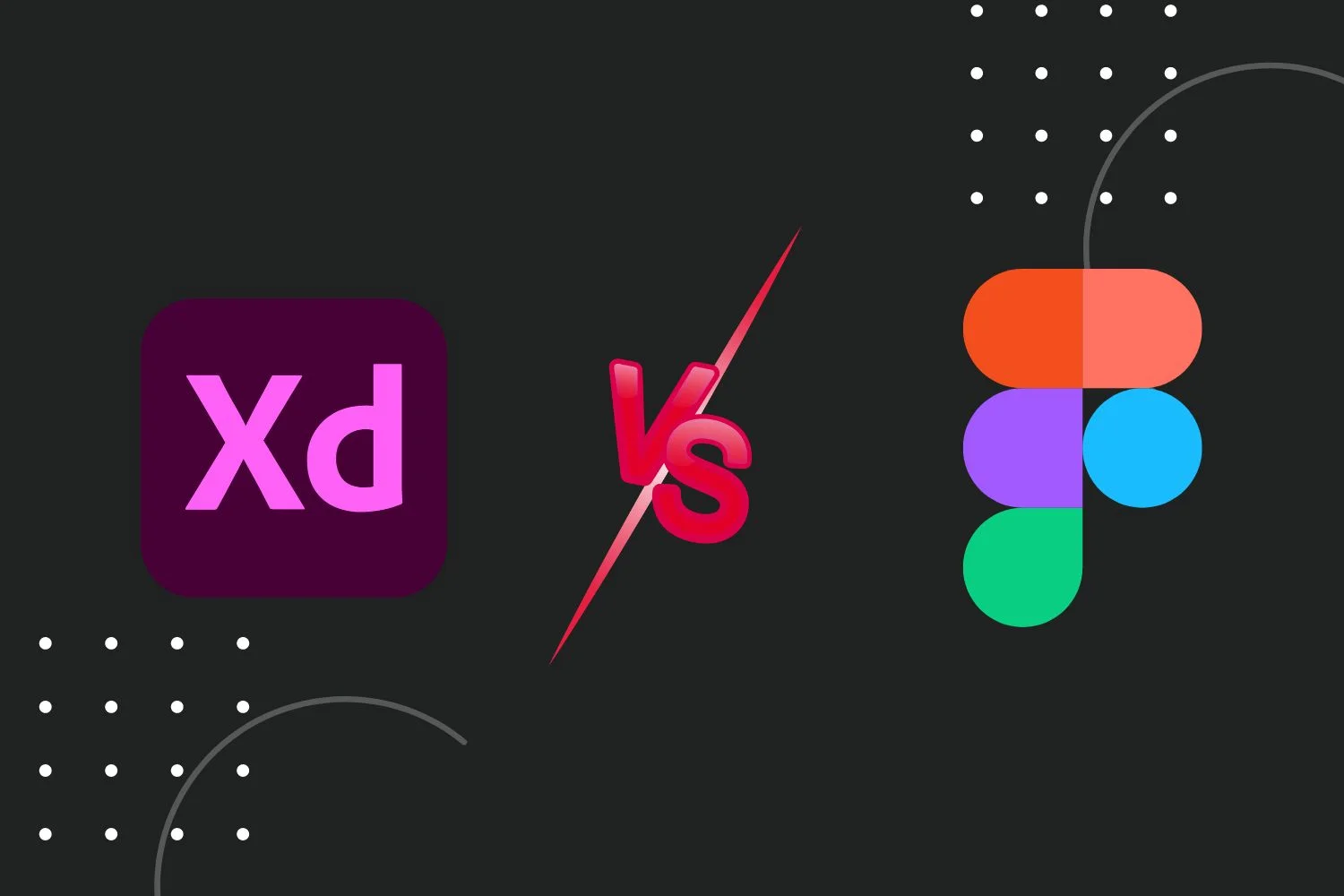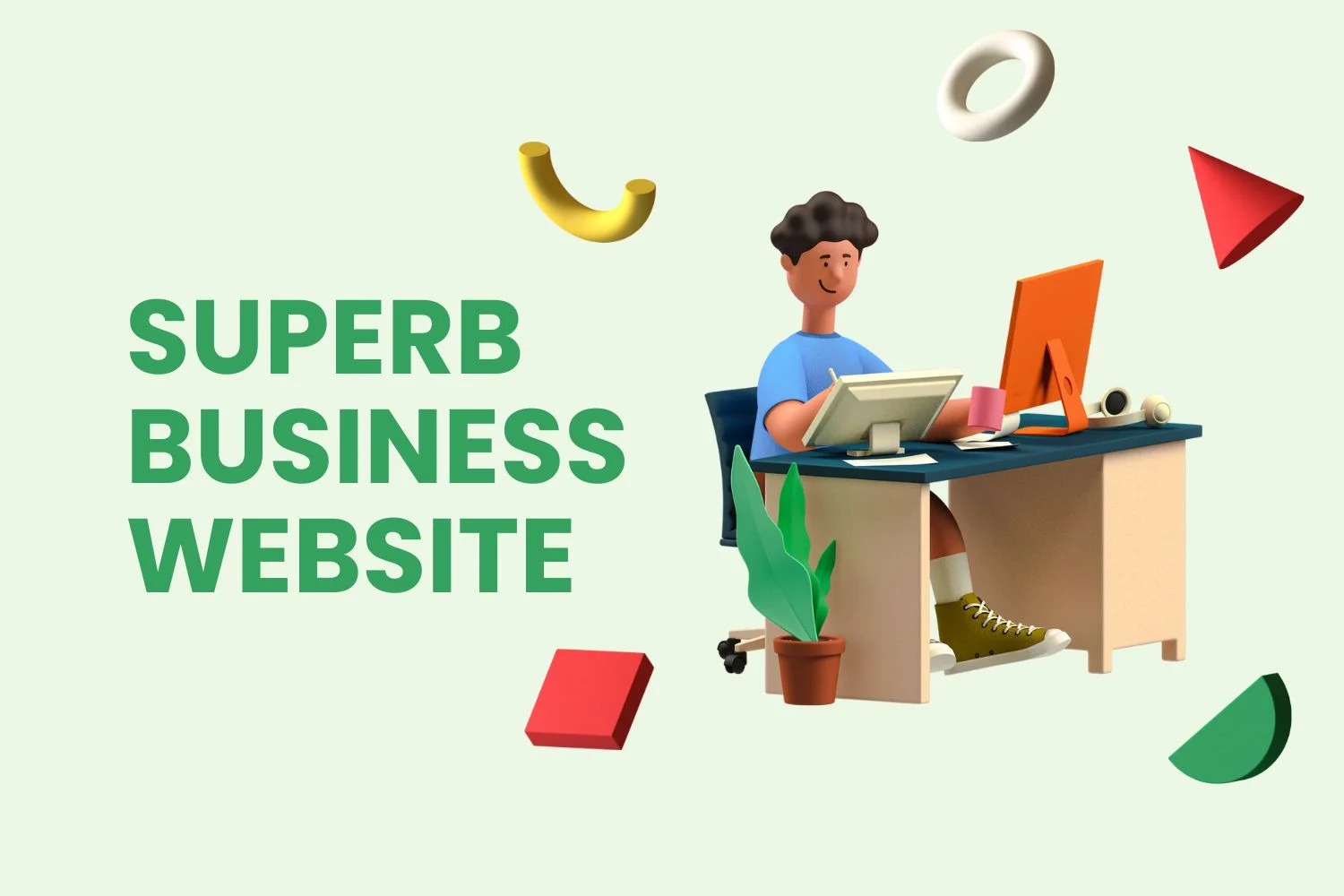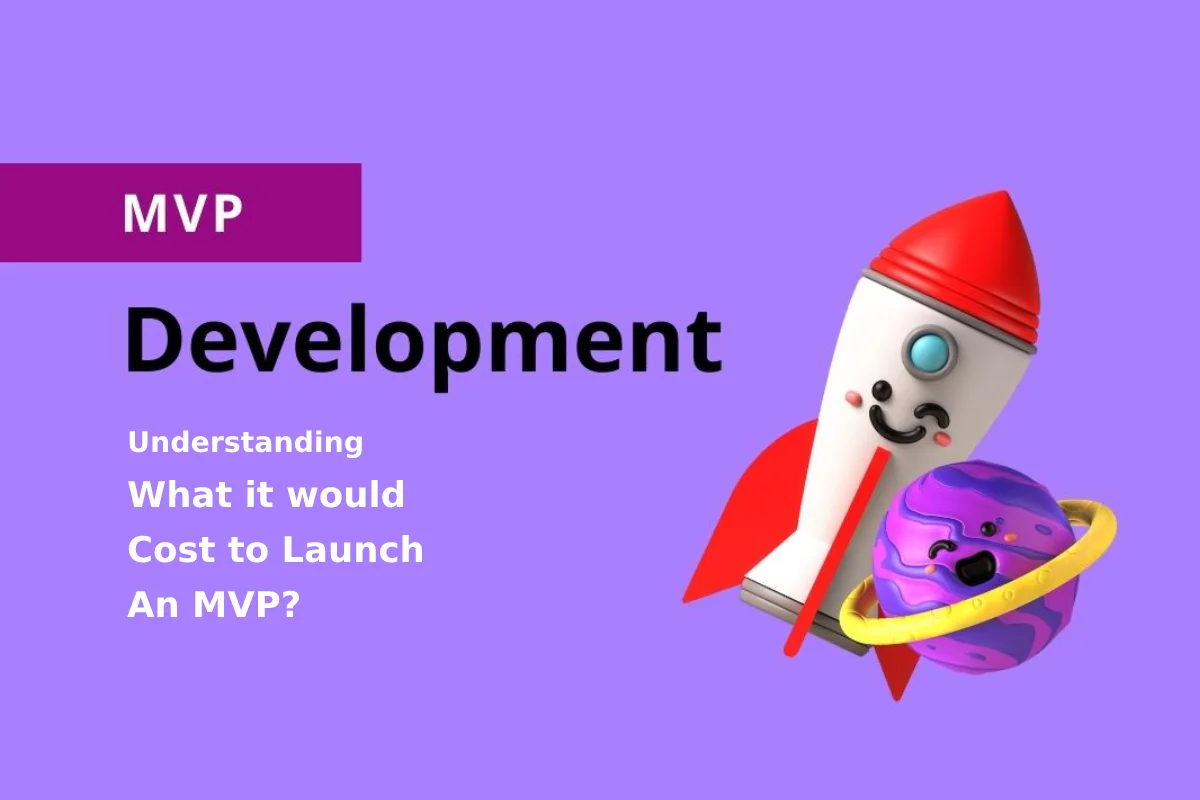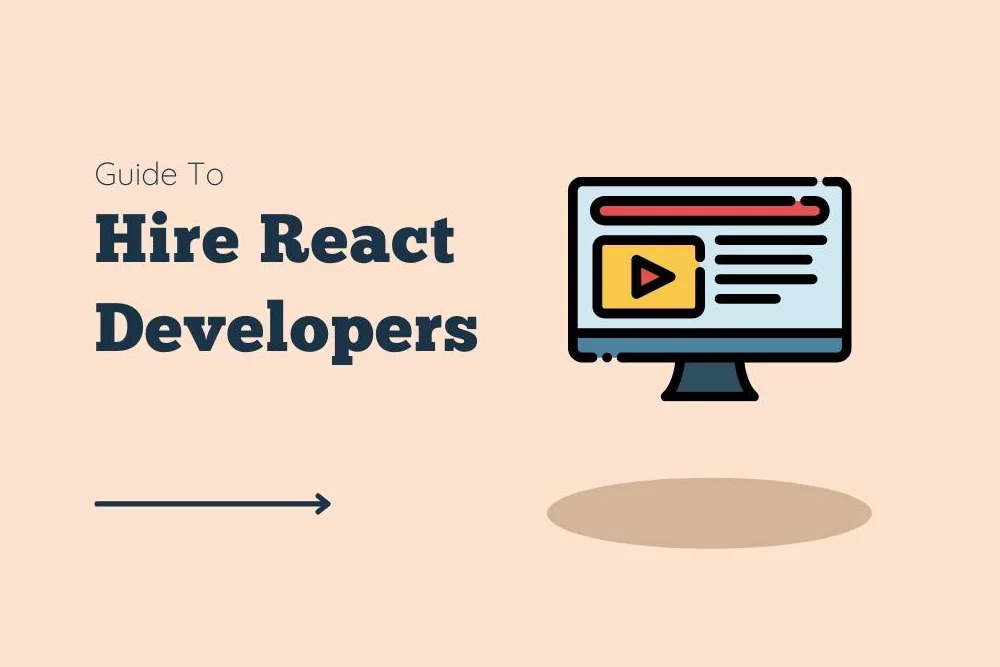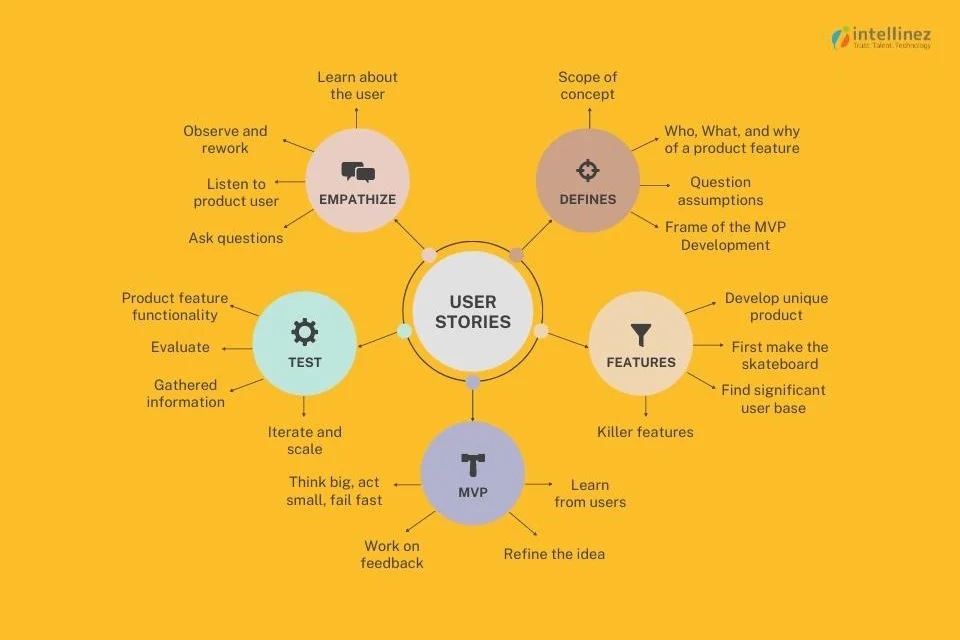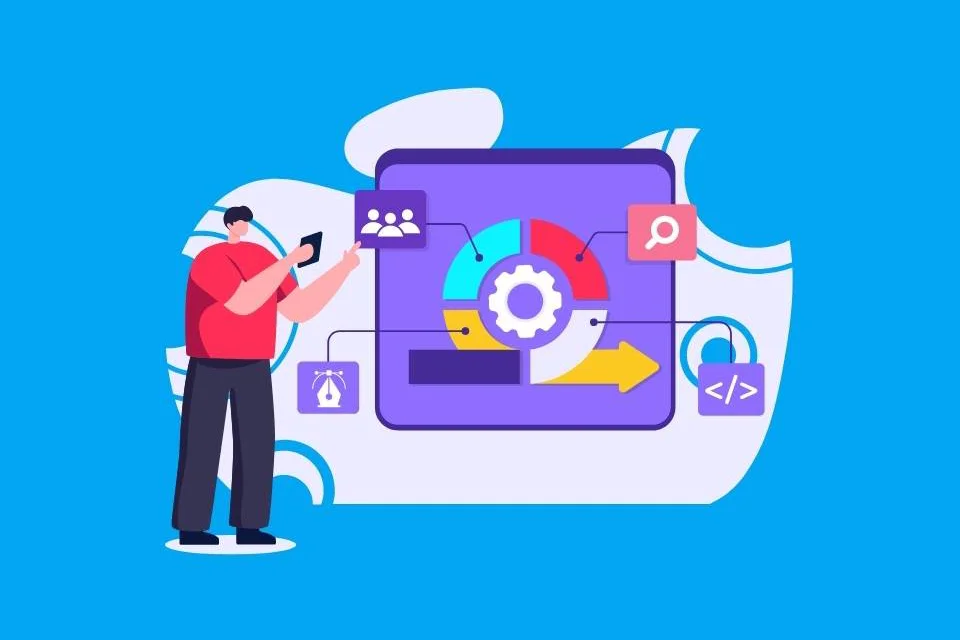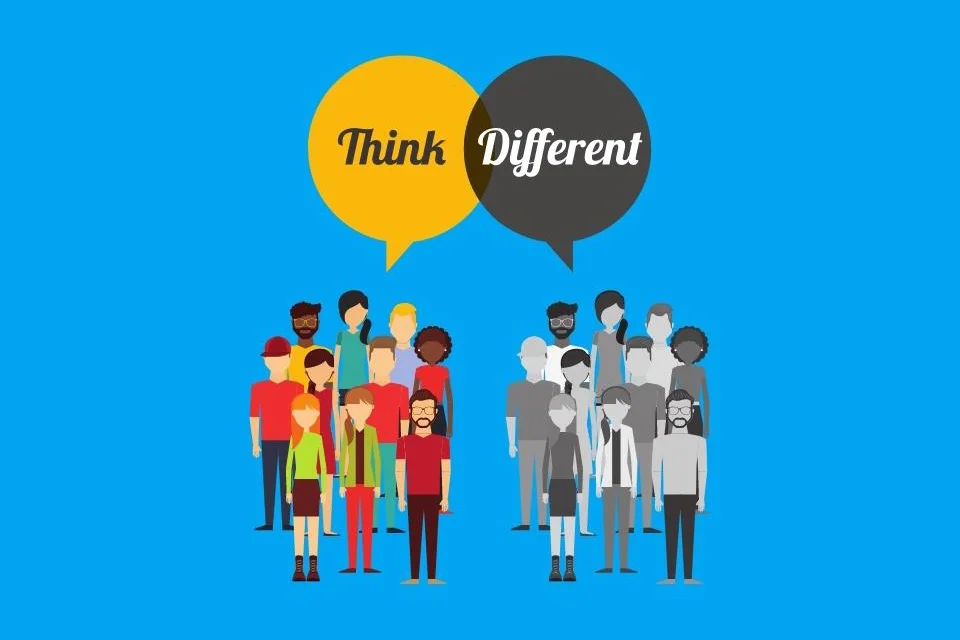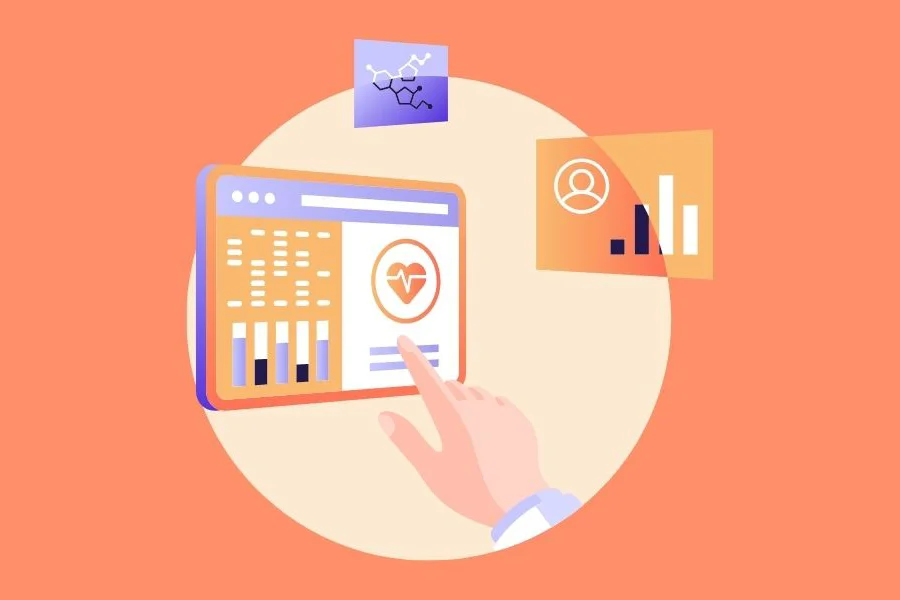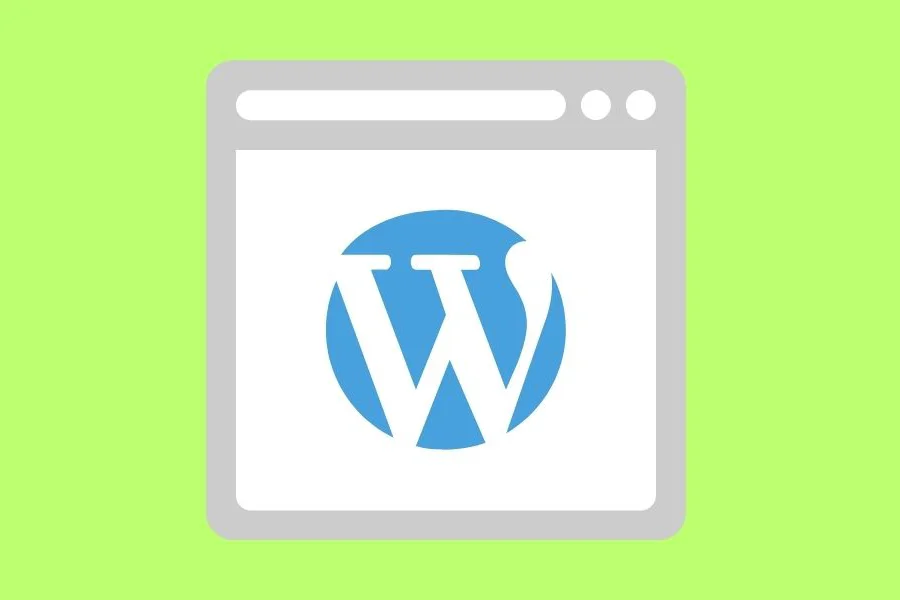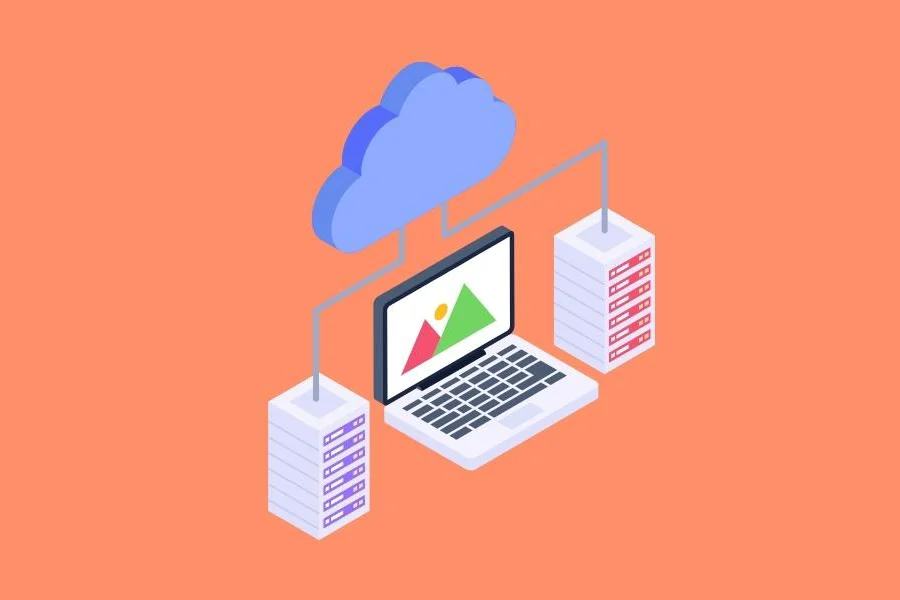The SaaS industry has been witnessing an extraordinary boom, soaring to a value of $172.3 billion in 2022, and experts are projecting it to reach a staggering $356.6 billion by 2026. This remarkable growth is primarily driven by the escalating demand from small businesses seeking cloud-based software solutions.
Embracing SaaS tools can truly be a game-changer for small enterprises, and in this article, we’ll delve into nine cutting-edge solutions that cater specifically to their needs. But before we dive in, let’s explore why SaaS has become the preferred choice for small businesses worldwide.
SaaS tools offer significant cost-effectiveness, being more affordable than on-premise solutions, making them ideal for budget-conscious businesses. Their scalability enables seamless adjustments to fluctuating needs, ensuring competitiveness in dynamic markets. Furthermore, their user-friendliness allows businesses with limited IT resources to easily manage them, minimizing disruptions. Strong security measures protect customer data.
In the upcoming sections, we’ll shed light on nine top-notch SaaS tools that have been tailored to empower small businesses and revolutionize the way they operate. So, let’s embark on this exciting journey of discovery and find the perfect solutions to elevate your business in 2023 and beyond.
What is SaaS?
Software as a Service (SaaS) is a cloud-based software delivery model that grants users access to applications and services via the internet. Instead of buying and installing software locally, users pay a subscription fee to use the software hosted on the provider’s servers. SaaS offers cost-effectiveness as businesses avoid hefty hardware expenses and benefit from regular updates and maintenance handled by the provider. Its collaborative and integration features streamline teamwork and workflows.
SaaS has democratized software access, empowering users with flexibility, convenience, and cost savings, making it a transformative force in the digital landscape with a diverse range of user-friendly applications catering to various needs and industries.
Why SaaS is a good fit for small businesses
SaaS, short for Software as a Service, is a cloud-based software delivery model that allows users to access applications hosted on remote servers through the internet, usually via a web browser or mobile app. For small businesses, SaaS offers an array of advantages:
1. Cost-effectiveness
SaaS applications are more budget-friendly than traditional on-premises software since providers handle maintenance and updates, saving money for small businesses.
2. Scalability
SaaS applications can easily adapt to fluctuating needs, allowing businesses to scale up or down according to demand, ensuring flexibility.
3. Ease of use
With user-friendly interfaces and self-service tools, SaaS applications are manageable even for businesses with limited IT resources.
4. Security
SaaS providers prioritize robust security measures to safeguard sensitive customer data, gaining the trust of businesses.
5. Up-to-date
Automatic updates with the latest features and security patches keep businesses ahead of the competition and reduce security vulnerabilities.
6. Global reach
Accessible from anywhere in the world, SaaS applications enable small businesses to expand their reach and attract new customers.
According to Clutch, 91% of small businesses already use SaaS applications, citing time and cost savings, improved productivity, and increased customer satisfaction. As a small business owner, embracing SaaS can prove instrumental in enhancing your business, leading to better efficiency, growth, and success.
What to look for while choosing a SaaS tool
When choosing a SaaS tool, there are several key factors to consider to ensure it aligns with your business needs and objectives. Here are some important aspects to look for:
1. Functionality
Evaluate the tool’s features and functionalities. Make sure it addresses your specific requirements and provides solutions to the challenges you face in your business operations.
2. Ease of Use
User-friendliness is vital, especially if your team has limited technical expertise. A tool that is intuitive and easy to navigate will ensure smooth adoption and reduce the need for extensive training.
3. Integration Capabilities
Check if the SaaS tool can seamlessly integrate with your existing software and systems. This is crucial for streamlining workflows and preventing data silos.
4. Scalability
Consider your future growth plans. A scalable SaaS tool can adapt as your business expands, saving you the hassle of switching to a new platform later.
5. Security Measures
Ensure the tool has robust security measures in place to protect your sensitive data and maintain compliance with relevant regulations.
6. Customer Support
Look for a SaaS provider that offers reliable customer support, as you may encounter issues that require timely resolution.
7. Performance and Reliability
Check the tool’s uptime and reliability record. Downtime can disrupt your business processes and impact productivity.
8. Pricing Structure
Understand the pricing model and determine if it aligns with your budget and usage needs. Be wary of any hidden fees.
9. Data Backup and Recovery
Verify that the SaaS provider has a robust data backup and recovery plan to safeguard your information in case of any unforeseen incidents.
10. User Reviews and Reputation
Read reviews and testimonials from other users to gauge the tool’s reputation and performance in real-world scenarios.
11. Trial Period or Demo
Whenever possible, opt for tools that offer a trial period or demo version. This allows you to test the tool firsthand and see if it meets your expectations.
By thoroughly assessing these factors and aligning them with your business requirements, you can confidently choose a SaaS tool that will optimize your workflows, boost productivity, and contribute to your overall success.
9 Must-Have SaaS Tools For All Businesses
Website-Building Softwares
Website builder software as a SaaS product has transformed how individuals and businesses create and manage websites. As cloud-based solutions, SaaS website builders offer user-friendly interfaces and a range of customizable templates, enabling users to design and launch professional websites without extensive technical knowledge or coding skills.
Wix, Squarespace, and WordPress are among the leading SaaS website builder providers, catering to users with varying website development needs.
Wix, with over 200 million users as of the latest data, offers a drag-and-drop interface and a wide selection of templates, making it popular among small businesses, artists, and entrepreneurs.
Squarespace, serving millions of websites, is known for its elegant and visually appealing templates, suitable for creative professionals, online stores, and portfolios.
WordPress, powering over 40% of all websites globally, is a versatile platform that caters to users of all levels, from bloggers and small businesses to large enterprises. It offers a vast ecosystem of plugins and themes, providing users with unparalleled customization options.
These SaaS website builders have democratized website creation, allowing users to establish an online presence with ease and affordability. Their cloud-based nature ensures seamless updates, security patches, and scalability, enabling businesses and individuals to build and maintain professional websites without the need for extensive technical expertise.
Accounting Softwares
Accounting software, as a Software as a Service (SaaS) product, is a cloud-based solution that revolutionizes the way businesses manage their financial processes. With SaaS accounting software, users can access and utilize the software over the internet through remote servers, eliminating the need for local installations and hardware maintenance.
QuickBooks, Xero, and Sage are among the most prominent and reputable SaaS accounting solutions, catering to businesses of all sizes and industries.
QuickBooks, developed by Intuit, remains a dominant player in the SaaS accounting market with over 4 million subscribers worldwide as of the latest data. Known for its comprehensive features, QuickBooks offers functionalities such as invoice tracking, inventory management, and payroll processing, making it a popular choice for small businesses and accountants alike.
Xero, originating from New Zealand, has garnered over 2 million subscribers globally due to its ease of use and seamless integrations with other business apps. Its user-friendly interface and emphasis on automation have made it a go-to option for small and medium-sized enterprises seeking a streamlined accounting experience.
Sage, based in the United Kingdom, provides a range of SaaS accounting solutions, including Sage 50cloud and Sage Intacct. With a subscriber base exceeding 3 million, Sage caters to businesses’ diverse accounting needs, offering features such as financial reporting, budgeting, and analytics.
As the SaaS accounting market continues to flourish, these software solutions demonstrate the increasing demand for cloud-based accounting products. Businesses, regardless of their size and industry, are increasingly turning to SaaS accounting software to optimize financial management, streamline operations, and enhance productivity in today’s dynamic business landscape.
Collaboration management softwares
Collaboration management software has emerged as a powerful Software as a Service (SaaS) product, revolutionizing how teams collaborate and work together. As cloud-based solutions, SaaS collaboration management software enables teams to communicate, share files, and organize tasks efficiently, regardless of their physical location.
Among the leading SaaS collaboration tools are Slack, Asana, and Trello, each offering unique features to streamline team workflows and boost productivity.
Slack, a popular choice for team communication, had over 12 million daily active users as of the latest data. Its real-time messaging, file sharing, and integration capabilities make it a go-to platform for businesses of all sizes seeking seamless collaboration.
Asana, with more than 100,000 paying customers, excels in task and project management. Its user-friendly interface, timeline view, and progress tracking features allow teams to stay organized and meet deadlines efficiently.
Trello, acquired by Atlassian, is utilized by millions of teams worldwide. Known for its visual, board-based approach, Trello simplifies task management and collaboration, making it easy to assign tasks, track progress, and share information.
These SaaS collaboration management tools have become indispensable for modern businesses, enabling remote and distributed teams to collaborate effectively, increase transparency, and drive better project outcomes. Their continuous updates and user-focused approach ensure that teams have access to cutting-edge features and a seamless collaboration experience.
HR Softwares
HR software has evolved into a powerful Software as a Service (SaaS) product, transforming the way businesses manage their human resources processes. As cloud-based solutions, SaaS HR software offers a host of features that streamline recruitment, employee management, payroll, and other HR-related tasks.
BambooHR, Gusto, and ADP are among the leading SaaS HR software providers, each offering unique functionalities to meet the diverse needs of businesses.
BambooHR serves over 20,000 customers globally, according to the latest data. Its user-friendly interface, comprehensive HR management tools, and customizable features make it a popular choice for businesses of all sizes seeking efficient HR solutions.
Gusto, with over 100,000 customers, excels in payroll and benefits management. Its seamless automation, tax compliance features, and employee self-service options have earned it a strong reputation in the market.
ADP, a well-established HR solutions provider, caters to millions of businesses worldwide. It offers a range of HR services, including payroll, time and attendance management, and benefits administration, making it a preferred choice for larger enterprises with complex HR needs.
These SaaS HR software solutions have become essential for businesses looking to optimize their HR processes, reduce administrative burdens, and improve employee experiences. Their cloud-based nature ensures that businesses can access the latest features, updates, and security enhancements seamlessly, empowering them to focus on strategic HR initiatives and organizational growth.
Sales Softwares
Sales software as a SaaS product has revolutionized how businesses manage their sales processes, empowering sales teams to streamline workflows, track leads, and close deals more efficiently. As cloud-based solutions, SaaS sales software offers a centralized platform accessible from anywhere with an internet connection, enabling seamless collaboration and data synchronization.
Salesforce, Pipedrive, and HubSpot CRM are among the leading SaaS sales software providers, each offering unique features to enhance sales performance.
Salesforce remains a dominant player in the industry, serving over 150,000 customers worldwide, according to the latest data. Its comprehensive suite of tools includes sales automation, customer management, and analytics, making it a popular choice for businesses of all sizes.
Pipedrive, with over 100,000 customers globally, excels in pipeline management and sales process automation. Its intuitive interface and visual sales pipeline have made it a preferred choice for sales teams seeking a user-friendly and effective solution.
HubSpot CRM boasts a customer base of over 100,000 businesses. As a part of the HubSpot Growth Platform, it offers seamless integration with marketing and service tools, allowing businesses to manage their customer lifecycle comprehensively.
These SaaS sales software solutions have become indispensable for businesses aiming to optimize their sales processes, boost conversion rates, and improve customer relationships. Their cloud-based infrastructure ensures real-time data access, scalability, and security, making them valuable assets for sales teams striving to achieve their targets and drive business growth.
Business intelligence softwares
Business intelligence software as a SaaS product has revolutionized how organizations analyze and visualize their data to make informed decisions. As cloud-based solutions, SaaS business intelligence software empowers businesses to gain valuable insights from their data, regardless of their location. The global market for business intelligence and analytics software is expected to reach $32.9 billion by 2023.
Tableau, Qlik, and Looker are among the prominent SaaS business intelligence providers, each offering advanced analytics and visualization capabilities.
Tableau, acquired by Salesforce, boasts over 86,000 customers worldwide, as of the latest data. Its intuitive data visualization tools and interactive dashboards have made it a popular choice for businesses across various industries.
Qlik, with a customer base of over 50,000, excels in data integration and exploration. Its associative data indexing technology enables users to uncover relationships and patterns within complex datasets efficiently.
Looker, acquired by Google Cloud, serves more than 3,000 customers globally. Its data modeling and exploration features, along with its robust integration capabilities, have made it a preferred choice for organizations seeking a comprehensive business intelligence solution.
These SaaS business intelligence tools have become essential for organizations aiming to leverage their data effectively, enabling them to make data-driven decisions and gain a competitive edge in the market. Their cloud-based infrastructure ensures seamless scalability, real-time updates, and enhanced security, making them invaluable assets for businesses striving to maximize their data potential.
Time Tracking Softwares
Time tracking software as a SaaS product has become a valuable tool for businesses seeking efficient time management solutions. As cloud-based solutions, SaaS time tracking software enables organizations to accurately track employee work hours, monitor project progress, and optimize productivity.
Toggl, Harvest, and Hubstaff are among the leading SaaS time tracking providers, offering a range of features to suit various business needs.
Toggl serves over 3 million users worldwide, according to the latest data. Known for its simplicity and ease of use, Toggl allows users to track time across multiple projects and clients effortlessly.
Harvest boasts over 50,000 customers, offering powerful time tracking, invoicing, and expense management features. Its integrations with other business tools make it a preferred choice for businesses seeking comprehensive time management solutions.
Hubstaff, with thousands of customers globally, excels in employee monitoring and GPS-based time tracking. Its robust features allow businesses to effectively manage remote teams and track work hours accurately.
These SaaS time tracking tools have become indispensable for businesses striving to optimize time management, improve project efficiency, and enhance employee productivity. Their cloud-based nature ensures seamless accessibility, real-time data updates, and secure data storage, providing businesses with the flexibility and insights needed to make informed decisions and drive success.
Project management softwares
Project management software as a SaaS product has transformed how teams plan, organize, and execute projects efficiently. As cloud-based solutions, SaaS project management software allows teams to collaborate in real-time, regardless of their physical location, facilitating seamless communication and task management.
Asana, Trello, and Jira are among the leading SaaS project management providers, each offering unique features to cater to diverse project needs.
Asana boasts over 100,000 paying customers, according to the latest data. Its intuitive interface, task prioritization, and timeline view make it a popular choice for teams seeking comprehensive project management capabilities.
Trello, acquired by Atlassian, serves millions of users worldwide. Known for its visual, board-based approach, Trello simplifies task organization and allows teams to track progress effortlessly.
Jira, also by Atlassian, is widely used in software development projects. With over 65,000 customers, Jira offers robust issue tracking, agile project management, and seamless integration with other development tools.
These SaaS project management tools have become indispensable for businesses and teams striving to enhance collaboration, increase productivity, and deliver successful projects on time. Their cloud-based infrastructure ensures easy accessibility, automatic updates, and secure data storage, providing teams with the tools they need to efficiently manage projects and achieve their objectives.
Customer relationship management (CRM) softwares
Customer Relationship Management (CRM) software as a SaaS product has revolutionized how businesses manage and nurture their customer relationships. As cloud-based solutions, SaaS CRM software enables companies to centralize customer data, automate sales and marketing processes, and enhance customer interactions.
Salesforce, HubSpot CRM, and Zoho CRM are among the leading SaaS CRM providers, each offering comprehensive features to cater to businesses of all sizes.
Salesforce remains a dominant force in the CRM market, serving over 150,000 customers worldwide, according to the latest data. Its robust suite of tools includes sales automation, marketing automation, and customer service management, making it a preferred choice for enterprises seeking an all-in-one CRM solution.
HubSpot CRM boasts over 100,000 customers globally. Known for its user-friendly interface and seamless integration with marketing and sales tools, HubSpot CRM allows businesses to manage leads and engage with customers effectively.
Zoho CRM serves over 250,000 customers, offering a range of features such as sales automation, analytics, and artificial intelligence-driven insights. It caters to businesses of all sizes, from small startups to large enterprises.
These SaaS CRM solutions have become essential for businesses aiming to optimize customer interactions, streamline sales and marketing processes, and improve overall customer satisfaction. Their cloud-based infrastructure ensures real-time data access, scalability, and security, making them valuable assets for companies seeking to build and maintain strong customer relationships.
Conclusion
SaaS tools have emerged as indispensable assets for small businesses, providing cost-effective, scalable, and user-friendly solutions for various needs. While popular SaaS products like QuickBooks and Trello offer comprehensive features, businesses should also explore the potential of custom SaaS products tailored to their unique requirements. Custom SaaS solutions can provide unparalleled flexibility, integration capabilities, and alignment with specific business processes, making them a game-changer for small businesses seeking a competitive edge in 2023 and beyond.
Reach Out to Team Intellinez for Customized SaaS Solutions
Transform your business with Intellinez Systems’ customized SaaS solutions. Our expert team will craft tailor-made SaaS products to streamline your operations, boost productivity, and set you apart from the competition. Embrace innovation and achieve success with personalized SaaS offerings. Contact us today for a transformative partnership!
Soumya Mishra
Technology Leader proficient in engineering and execution of enterprise-level IT projects and providing support services on the same. Possesses the ability to set functional and technical strategies, converting them to an achievable plan of action, and driving them to realize and achieve customer success. Passionate leader believing in leading by example, possessing strong problem-solving skills and a can-do attitude. Adept at handling cross-functional teams across the globe and motivating them to achieve outstanding and sustainable results to meet organizational goals and objectives! Guiding Quote – “Every job is a self-portrait of the person who did it, Autograph your work with excellence”















































![A Comprehensive Guide to AWS SaaS Architecture [Diagram Included] 92 Aws SaaS Architecture](http://www.intellinez.com/wp-content/uploads/2024/08/Title-image.jpg)













